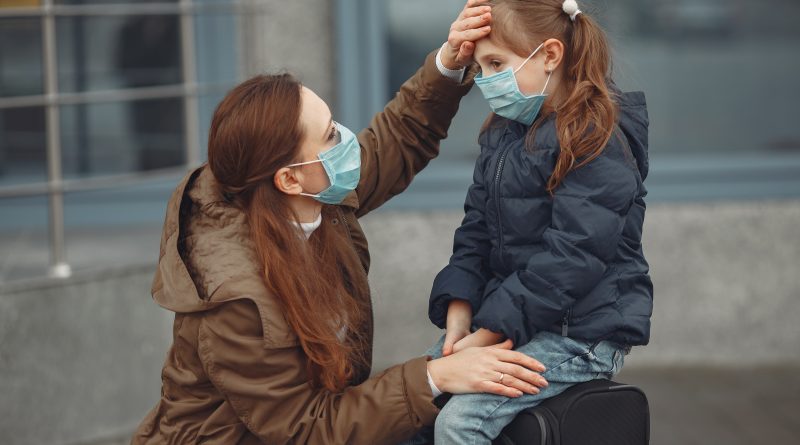Impact of COVID-19 on Children
 By Dr Manisha Yadav
By Dr Manisha Yadav
It has been established that the COVID-19 pandemic has led to a number of health issues that are cause of grave concern. One such issue is the threat to the mental health of children.
Following the worldwide lockdown, generally, children, like adults, tend to suffer from depression, however what is being neglected are the issues of social anxiety and eating disorders which is accompanying the physical debilitation caused by the virus. The malleable minds of the young are being greatly impacted. They might be physically strong enough to fight off the virus, however, their innocent minds might not be able to cope with the everlasting mental health issues it might cause. The implications of this pandemic are graver than what meets the eye. Therefore, it is imperative that special caution is taken while having a conversation with the children.
When we talk about children they are not just vulnerable to the infection but also to the masked mental health issues caused due to the uncertainty of the situation. It is our responsibility to not only safeguard the lives of the children but also to protect them from the hidden impact of COVID-19 post the pandemic.
How to answer their innocent questions? In that case we must always pass the correct information in a way that they shouldn’t feel insecure about the whole scenario. Also give them examples of positive work being done to come out of the situation. Be a little sensitive towards them when they miss their peers. Make them have a video call under your supervision.
Let them share their daily routines and activities and the newly developed interests. Utilise this time to establish a bond and friendship with your children which otherwise wouldn’t have been possible in this competitive world. This is the time to develop an activity which you could share with your children like baking a cake or painting. It might provide them with some stability and also allow them to share their feelings.
It is also imperative to create a safe environment for a healthy conversation about the crisis and how they are being affected by it.
Make them learn the preventive measures to protect them against COVID-19 and teach them the value of good hygiene to be maintained post pandemic as well.
Last but not the least, practice responsive caregiving. As we are going through a lot due to this crisis which is likely to add to our stress levels, we might end up getting irritated and reacting to children in various situations. But let’s be little more responsible and don’t make them learn wrong behaviour. Always remember in all situations, responding to your children and not reacting is the key to good parenting.
(The author is child specialist associated with Indian Spine Injury Centre, New Delhi)

